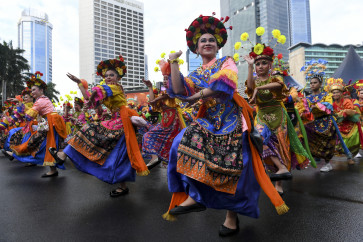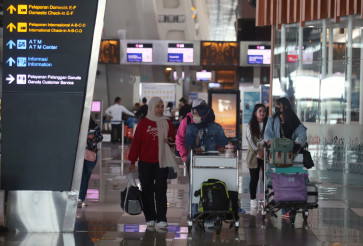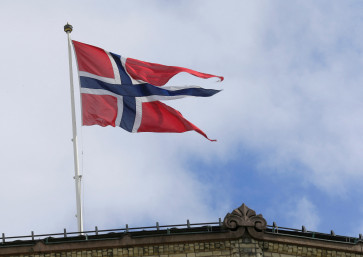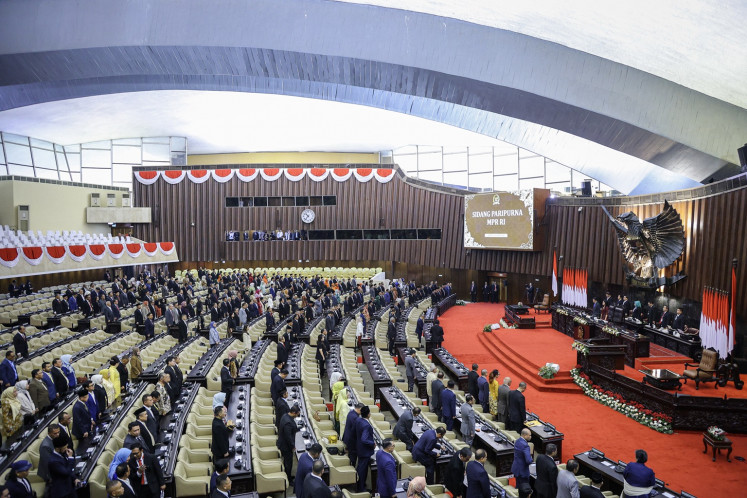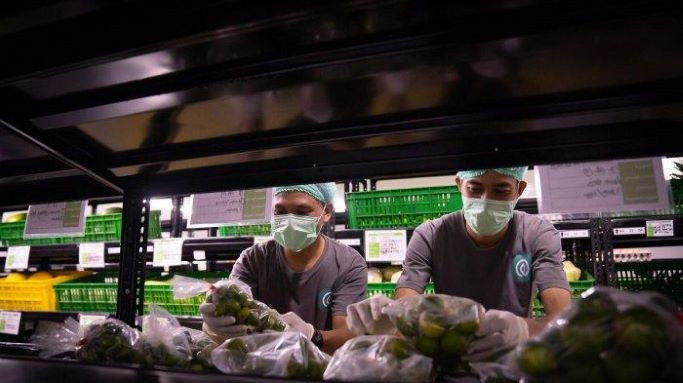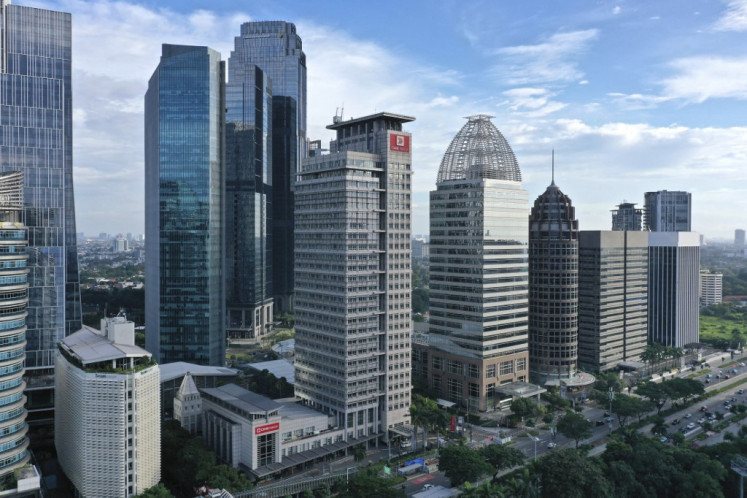Popular Reads
Top Results
Can't find what you're looking for?
View all search resultsPopular Reads
Top Results
Can't find what you're looking for?
View all search resultsYour letters: The history of U-boats in the Java Sea
During WWII Germany and Japan were allies
Change text size
Gift Premium Articles
to Anyone
D
uring WWII Germany and Japan were allies. The Japanese occupation of today's Indonesia under Admiral Maeda permitted Germany to establish three naval bases, namely at Surabaya, Tanjung Priok and in Singapore.
German cargo ships and later wide-bodied U-boats had to transport raw materials for warfare to Germany, such as tin, molybdenum, agar-agar, rubber, quinine, tungsten and iodine. In 1943 and 1944, 42 German U-boats were dispatched to the East Asian waters. U-180 suffered leaking on two occasions.
Only 13 boats avoided being sunk. Eleven of the 'monsoon boats' had reached Jakarta: Of these, five now rest on the seabed. On Oct. 5, 1944, U-168 under Lt. Capt. Pich sailed from Jakarta to Surabaya.
Because Captain Pich believed he was in friendly waters he surfaced. On the same day the boat was torpedoed by the Dutch submarine, HNLMS Zwaardvfisch, under the command of Captain van Goosen, which operated from Australia.
U-168 descended to 45 meters. Twenty-nine men in the forecastle were lost. Under the guidance of the captain, 11 men from the control panel were able to escape from this dangerous depth. When they got to the surface they found 16 other surviving shipmates who had been on deck. Suddenly the Dutch boat showed up and took all on board.
This must be recognized as an outstanding achievement by Captain van Goosen because his boat was in enemy waters, and under the conventions naval warfare a submarine was not obliged to rescue enemy sailors and take them on board because of the narrowness the vessels.
The brave Dutch commander even sent the 23 rescued sailors boats back to the nearby Javanese coast in small Indonesian sailing boats. Before they reached their German companions in Surabaya, they were apprehended by the Japanese secret service as 'American spies' and were subsequently interrogated and abused. Captain Van Goosen kept Lt. Capt. Pich, three other officers and a wounded man on board and brought them to Australia to be held as POWs.
Many years later, the then German naval base commander in Singapore, Korvettenkapitaen Erhardt and van Goosen representing their countries at a NATO summit, shook hands as friends after witnessing the murderous futility of war. On May 8, 1945, Germany surrendered. Thus the war for the German Navy in Indonesia was over.
On the same day the Japanese took over the two remaining U-boats stationed here, U-195 in Surabaya and U-215 in Jakarta, because the base manager at Jakarta, Korvettenkapitaen Dr. Kandeler, did not comply with the request of Japanese Admiral Maeda, keep fighting on the Japanese side.
Because the Japanese were not able to operate the German U-boats, they sank Surabaya's U-195 in the Java Sea and by opening all the valves.
This German U-boat U-195 is undamaged and with no corpses surrounding the wreck. I propose to raise it and make it an official heritage monument of World War II for the public in Surabaya.
Two former members of the boat crew are still alive. The fate of Jakarta's U-215 is unknown.
Herwig Zahorka
Bogor, West Java


